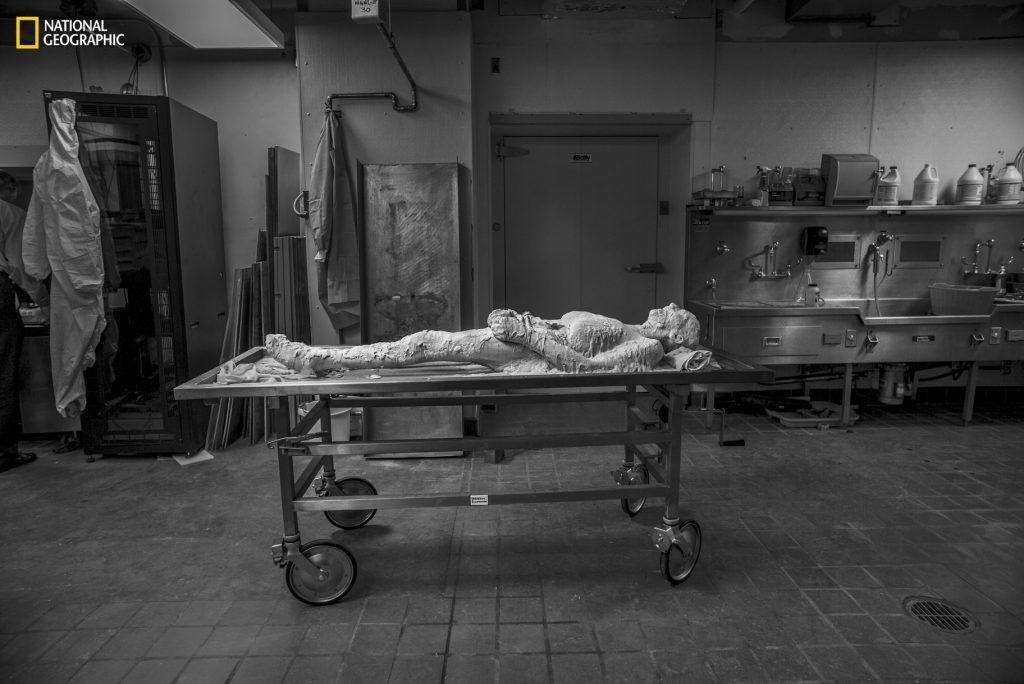Do people actually want to be immortal? A futurologist is someone who studies this subject. The fact that “futurology” is a science reveals that, yes, some people do want to live forever. Advances in science make it possible for cells to be made immortal for research purposes. Perhaps that’s the start of human immortalization as people continue to push for a way to make this possible.
Evidence of the quest for immortality is ubiquitous in art history dating back to ancient Egypt and the pyramids. Mummification is physical evidence of the human desire for immortalization. We erect statues in order to remember important people in history. Grave markers are placed over burial plots to remember loved ones. Those are simply remembrances, though.
The desire for immortalization in more modern times can be seen in Walt Disney’s attempt to preserve his body. He was a brilliant man who provided happiness to many when he was alive. After his death he continues to provide happiness. It can be supposed that he enjoyed life so much, making so many people happy, that he didn’t want to let go of that. The man could buy many things, but not life. He wanted his body preserved cryogenically. Ultimately, his family chose cremation. Because of the magical parks he created, he will never be forgotten.
Perhaps living forever isn’t ideal for everyone. People who suffer from chronic illness or who are unhappy in their lives may not have an interest in immortality. Biotechnological advances in immortality probably won’t impress the unhappy person. Biopharmaceutical creation and replacement of badly operating or diseased body parts might interest more people in immortality.
Simple human nature compels everyone to wonder about life and death. We wonder how it began and what happens when we die. These are great mysteries. A walk through a cemetery, reading tombstones of people who’ve been dead a long ago, with overgrown and untended graves, makes one wonder if there’s anyone still alive who even knows who’s buried in that plot. The grave marker may be the only proof of that person’s finite existence. For the people who aren’t okay with being forgotten after death, maybe science will bring a way to let them become immortal.
Immortalized cell lines could be the answer. Work toward cell immortalization first began in the 1960s using mice. Since then, scientific development in this area has exploded. Scientists have immortalized cell lines available to them for research purposes. The idea, though, isn’t to build human immortality. It’s more of a tool for researchers who need to preserve cell lines for an experiment in genetics. In some experiments, there’s a chance that the cell line being worked on could reach senescence before the experiment is over. To preserve the cell line, it’s possible to immortalize it.
If scientists can create immortalized cells to work on in laboratories, there’s a pretty good chance that one day full human immortalization may be possible.
Sources
https://www.accegen.com/category/immortalized-cell-lines/
https://www.accegen.com/category/immortalized-cell-lines/
https://www.sciencedirect.com/topics/neuroscience/cell-immortalization

